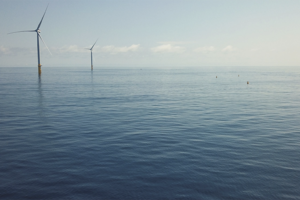
Can electronic tags fill knowledge gaps between offshore wind and fisheries?
A first-of-its-kind study will explore fish behavior in response to offshore wind turbines and construction activities in the Atlantic Ocean.
Complex international ownership chains make it difficult for enforcement authorities to identify the ultimate beneficial owner of a fishing vessel.

A first-of-its-kind study will explore fish behavior in response to offshore wind turbines and construction activities in the Atlantic Ocean.
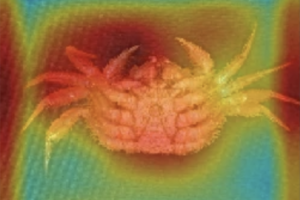
An AI-powered model developed by researchers "vastly outperformed" humans in correctly identifying the gender of horsehair crabs.
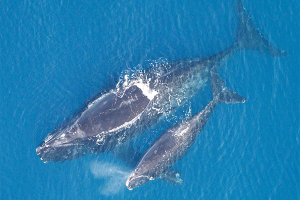
NFWF-NOAA funding will help develop and integrate new fishing gear in New England fisheries to help North Atlantic right whale conservation.
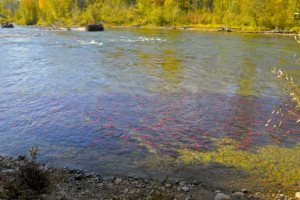
Focusing on the biocomplexity of fish reproduction in response to climate change, adaptive strategies can help mitigate reproductive risks.
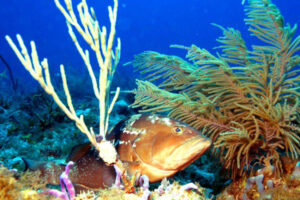
Certain fish species in the Gulf of Mexico and South Atlantic may be more vulnerable or resilient to climate change than others.
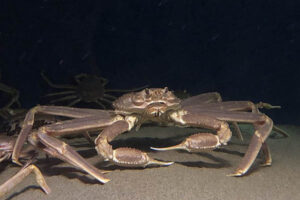
Government funding will help nine snow crab companies in New Brunswick install refrigerated seawater systems in their vessels.
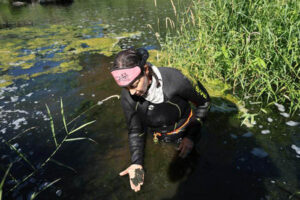
Dam removals on the Klamath River in Oregon and California are expected to restore salmon habitat originally altered more than 100 years ago.
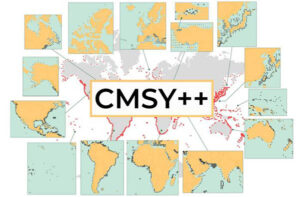
AI-powered CMSY methodology requires inputting only catch data to estimate fish stocks and how much fishing pressure can be applied.
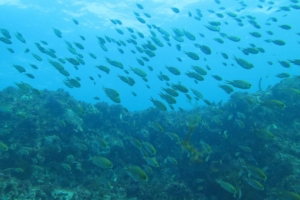
Study demonstrates the value of imaging sonar for quantifying fish communities, with limitations and recommendations for deployment in future surveys.
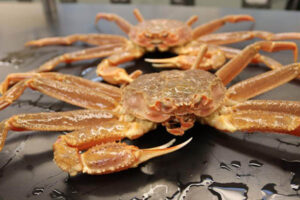
Starvation is most likely the cause of a mass mortality event during the eastern Bering Sea marine heatwave, according to NOAA scientists.
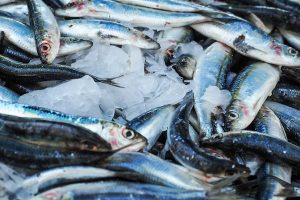
The EU reached an agreement with northeast Atlantic coastal states, UK and Norway on the shared fisheries management of key stocks in 2024.
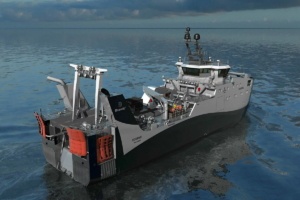
The innovative 73-meter factory trawler Ecofive is the talk of Norway’s shipbuilding industry, winning awards before catching a single fish.
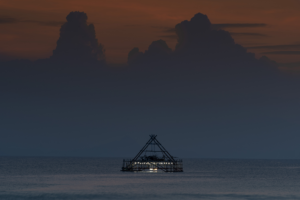
Use of fish aggregating devices increases fishing efficiency but can potentially increase bycatch and ocean pollution if FADs are lost or abandoned.
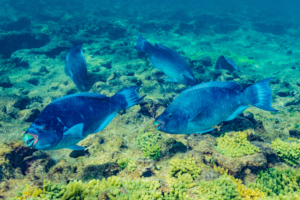
If implemented correctly, endangered species would recover in the larger areas outside MPAs and fishers would benefit from the conservation value.
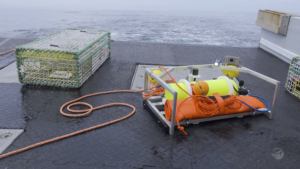
Faced with closures to protect right whales, Canadian commercial fishers are trying ropeless fishing gear via the CanFish Gear Lending Program.